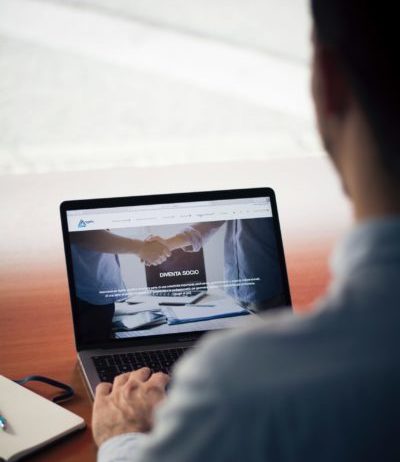I decided to prepared this article because i want a job working with animals and I had the opportunity to apply for one and next week I will have the interview and I am really excited for it.
In the current climate of stay-at-home and shelter-in-place orders, online interviews are not only more popular, they are essential. Unlike a face-to-face interview, there are a number of factors that will help you nail a successful online interview.
Before the interview:
- Prepare your surroundings. Ensure your background is not distracting. You want the focus to be on you, not something behind you. However, avoid a stark, white background such as a white wall, as it will make you appear too harsh on the camera.
- Use a desktop or laptop computer. Do not use a phone. If you MUST use a phone, ensure it is steady with a tripod or other method. NEVER use your phone as a handheld device. Any movement of the camera will be a distraction which will not keep the focus on you.
- Do a trial run. Make sure your computer, software, camera, and microphone are working. See what you look like on camera and adjust the camera angle for the best image.
- Close other programs on your computer. You do not want a notification for a social media or email account to pop up during your interview. It is not only distracting but can be embarrassing to have a personal message pop up.
- Ensure you are alone. Just as you want the interviewer to be focused on you, you want to remain focused on the interviewer. Anything that distracts you such as another person, a pet, or any other distraction should be avoided.
- Keep a professional profile. Your profile photo and language on Skype, Zoom, etc. should be professional. Make sure your name in your profile is the same name on your resume.
- Dress professionally. From head to toe you should be dressed professionally—just as if you were meeting in person. This will give you a mental advantage to feel and act professionally. Having on fuzzy slippers or shorts below your coat and tie will distract you and not put you in the right frame of mind. Because you are in front of a camera, the colors you choose to wear are important to put you in the best light. Dark blue or black clothing is always appropriate. Other shades of blue look good on camera. Grey and dark green also look good on camera. Some colors to avoid are red, yellow, orange, and pink as they can be distorted on camera. In your practice session wear the clothes you intend to wear on the interview. You will see how they look on camera. Keep in mind that each monitor is different and avoiding the colors mentioned above will be less risky with how the interviewer actually sees you.
During the interview
- Look at the camera, not the screen. It is natural to want to make eye contact with the interviewer on the screen, however, what they see is you looking down, not at them. Looking directly into the camera will make you look confident.
- Smile. You’ll probably be a little nervous. It’s easy to forget to smile but it is probably the number one thing that will make the best impression.
- Watch your body language. Sit up straight. Don’t slouch. Nod your head periodically to make sure you don’t look like a robot but not so much that you look like you belong on the dashboard of a car.
- Avoid interruptions. As mentioned above, be sure you are alone. Stay present during the interview. Make sure all distractions are eliminated from noises outside, pets, other people, alarms on clocks or appliances, to pop-ups on your computer.
- Avoid “Can you hear me now?” You’ve already tested your computer, camera, and audio to ensure no malfunctions during the interview. Hopefully, your interviewer has prepared as well.
- Use notes. This is a huge advantage to in-person interviews. It is easy to have your notes in front of you out of the camera view to which you can refer.
- Make sure the interviewer is engaged. Keeping eye contact by looking in the camera, smiling, and paying attention will keep the interviewer engaged. Be casual and natural, but not too casual. If you wouldn’t say it during an in-person interview, don’t say it online.
After the interview
- Follow-up. Just as with a face-to-face interview, send a thank you note immediately after the interview. Check in with interviewer a few days after the interview or in the timeframe indicated during the interview.
Any interview can be daunting. An online interview has its own set of challenges, especially during trying times. But following the tips above will help you nail your next online interview.




No comments yet. You should be kind and add one!
The comments are closed.